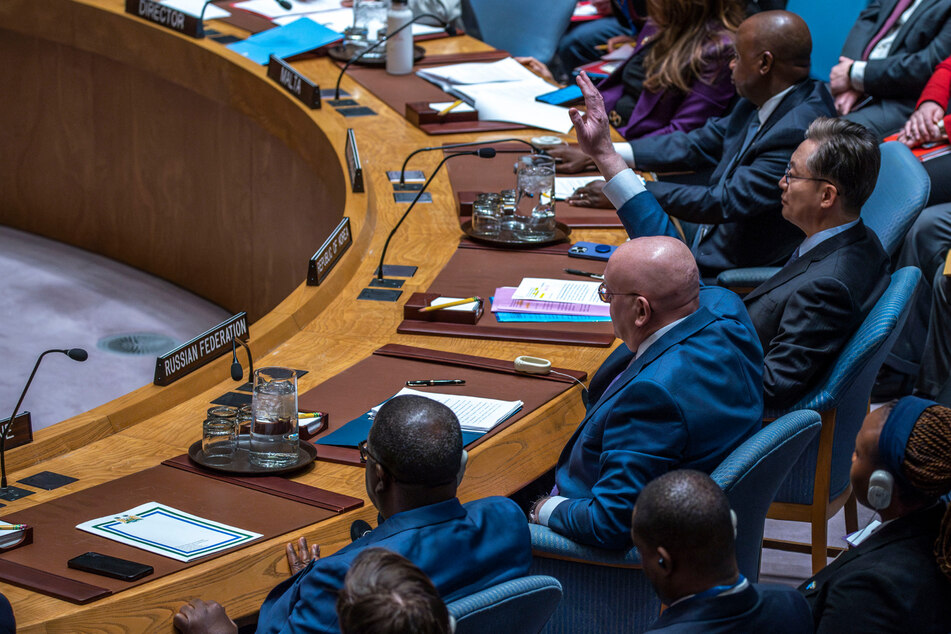UN resolution against arms race in space fails due to Russian veto
New York, New York - A UN resolution tabled by the United States and Japan against an arms race in space has failed in the UN Security Council due to a veto by Russia.

The draft resolution received 13 out of 15 votes in the Security Council, the most powerful UN body in New York, on Wednesday. China abstained.
The draft resolution called on all states, in particular those with major space capabilities, "to contribute actively to the objective of the peaceful use of outer space and of the prevention of an arms race in outer space and to refrain from actions contrary to that objective and to the relevant existing treaties in the interest of maintaining international peace and security and promoting international cooperation."
In February, several major US media outlets reported findings about Russia attempting to develop an anti-satellite nuclear weapon based in space, which could pose a threat to national and international security.
The resolution also affirmed the obligation of all states that are party to it to fully comply with the Outer Space Treaty, "including not to place in orbit around the Earth any objects carrying nuclear weapons or any other kinds of weapons of mass destruction, install such weapons on celestial bodies, or station such weapons in outer space in any other manner."
It emphasized the grave consequences that could result from the detonation of a nuclear weapon or the use of any other kind of weapon of mass destruction in outer space.
Washington's ambassador to the UN, Linda Thomas-Greenfield, said such a detonation could destroy thousands of satellites operated by countries and companies around the world "and wipe out the vital communications, scientific, meteorological, agricultural, commercial and national security services we all depend on."
Cover photo: EDUARDO MUNOZ ALVAREZ / GETTY IMAGES NORTH AMERICA / Getty Images via AFP
